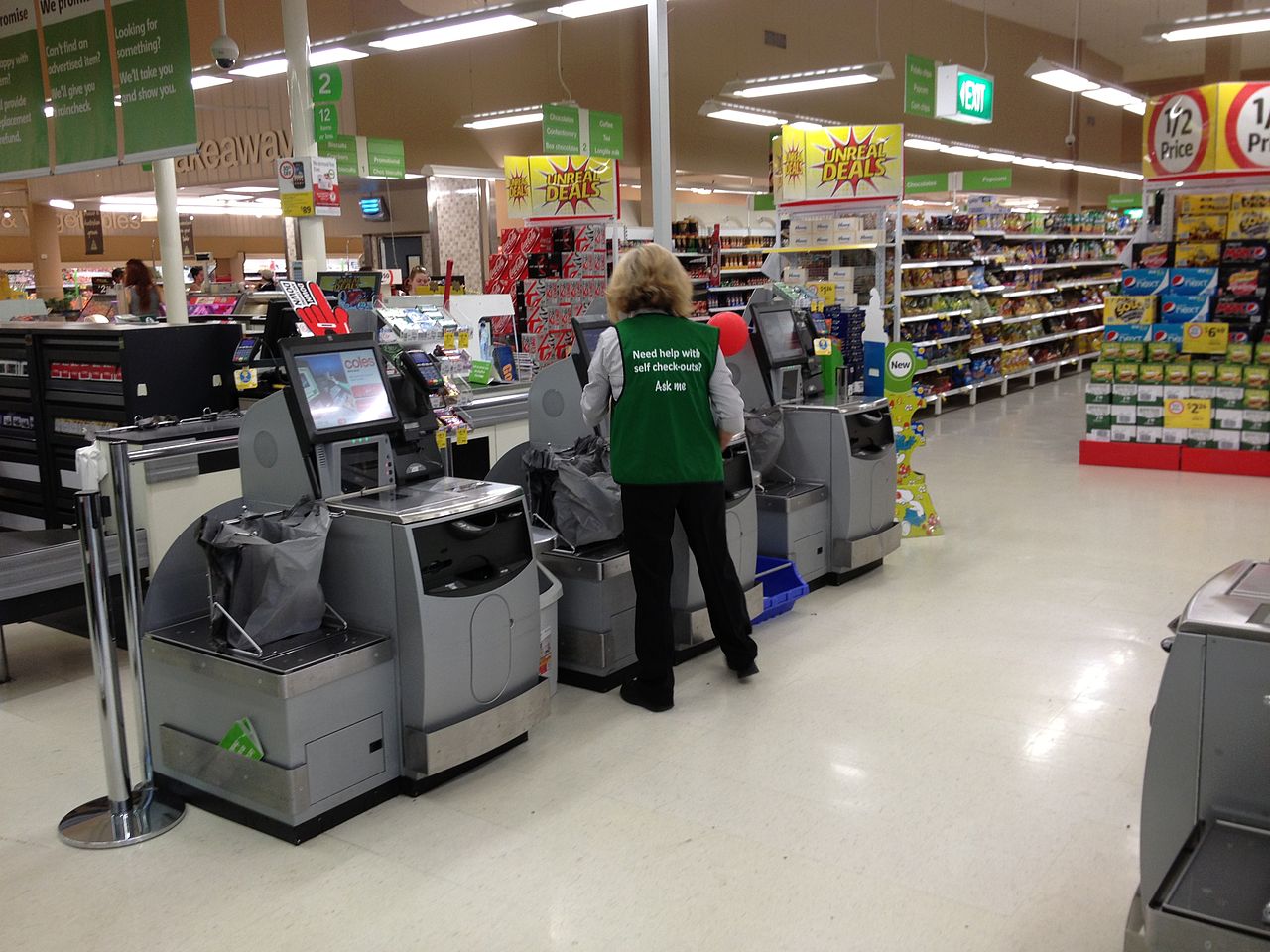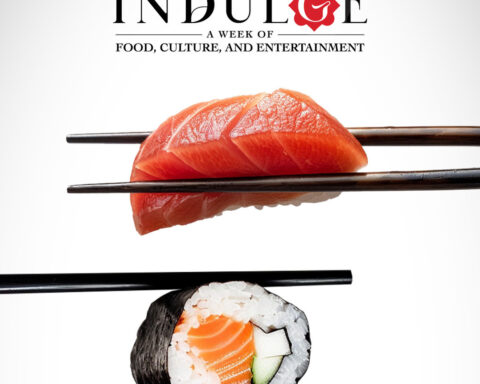LONDON (Parliament Politics Magazine) – The government has decided to postpone a ban on multi-buy junk food offers and pre-watershed TV advertising.
The plans will be put on hold for a year as officials analyse the impact on household budgets as households struggle to keep up with rising costs of living.
It stated that restrictions on the placement of junk food in stores would continue in October.
Health campaigners, on the other hand, have accused Boris Johnson of “playing politics” with the health of children.
The Department of Health and Social Care (DHSC) stated that the proposed ban on “buy one, get one free” (Bogof) discounts for foods and drinks high in fat, salt, or sugar (HFSS), as well as free soft drink refills, would be put on halt for a period of 12 months, until October of 2023.
Plans to limit junk food advertising on TV before the 21:00 GMT watershed, as well as paid-for web ads, have been halted for a year and will not take effect until January 2024, according to the government.
Last month, laws requiring major restaurants, cafes, and takeaways to show calories on their menus took effect.
Maggie Throup, the minister of public health, emphasised that the government was still dedicated to combating childhood obesity.
Pausing limitations on ‘buy one, get one free’ bargains would allow them to better analyse their impact on customers in light of the extraordinary global economic crisis, she added.
Health campaigners, on the other hand, have criticised the proposals’ delays and accused Mr Johnson’s government of failing to combat obesity in children.
The delays, according to Prof Graham MacGregor, a cardiologist at Queen Mary University of London and chairman of Action on Sugar, run counter to the government’s “levelling up” policy.
“Boris Johnson could have left a legacy as the first prime minister to confront obesity in a serious way, particularly through his flagship policies of curbing advertising and promotion of unhealthy foods,” he said.
Instead, he had caved in to his own MPs and a belligerent food sector, which, oddly, was already complying with these new laws, he added.
Meanwhile, Barbara Crowther of the Children’s Food Campaign believes that instead of “delaying and dithering,” officials should act quickly to limit multi-buy deals.
Obesity was on the rise, and millions of families couldn’t afford to feed their families properly. Multi-buy deals encouraged individuals to spend more money on bad food and less on healthy foods, she said.
This postponement jeopardised the UK’s goal of halving childhood obesity by 2030. Boris was playing politics with the health of the children.
Instead of decreasing childhood obesity, preventing ill-health, and alleviating pressure on the NHS, this unstable government was doing another U-turn, Andrew Gwynne, Labour’s shadow health minister said.
Former health minister Lord Bethall called the delay “unconservative,” saying it would be very difficult for the government to return to the proposals before the next election.
Lord Bethell, a former minister in Boris Johnson’s cabinet, told BBC Radio 4’s Today that while he was “pro-choice,” ailments caused by the consumption of excessive junk food, were putting a strain on the NHS and the taxpayer.
However, the Food and Drink Federation (FDF) says that delaying limitations on multi-buy packages “makes sense” because families and manufacturers are struggling with “rising inflation.”
The postponement in the advertising ban was also welcomed by Kate Halliwell, the FDF’s chief scientific officer, who said it would give the industry time to prepare for a change in the law.
When the government first announced the proposed restrictions, some of the country’s largest food firms, including Britvic, Kellogg’s, and Mars, blasted them as “disproportionate” and devoid of proof.
Kellogg’s announced last month that it would sue the government over restrictions banning some cereals from being placed in important retail locations due to their high sugar content.






